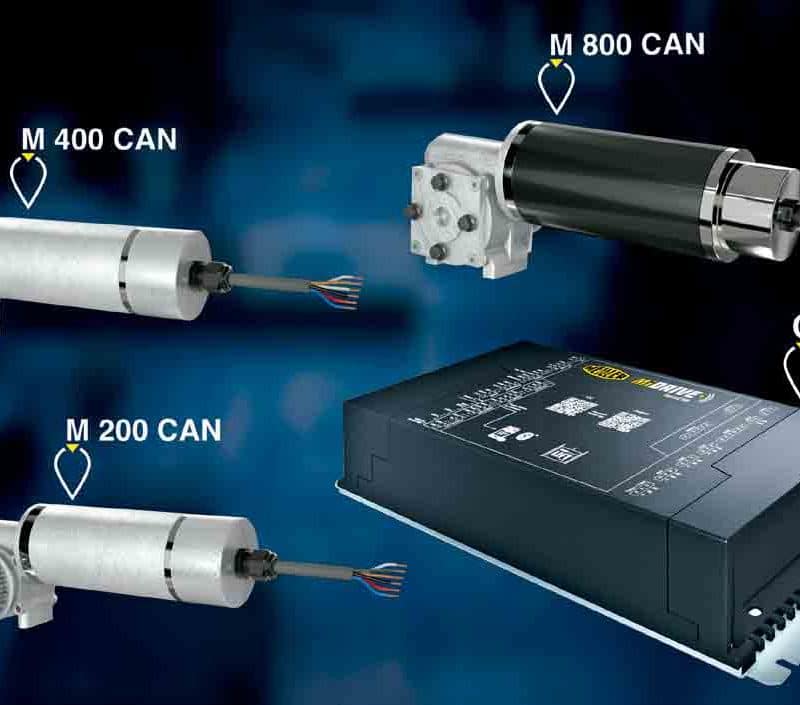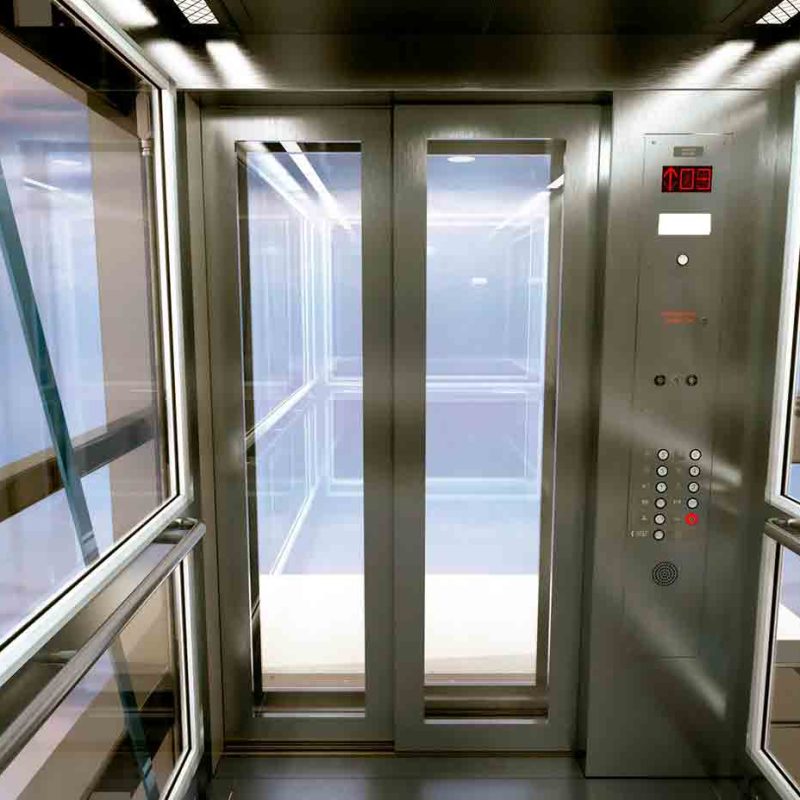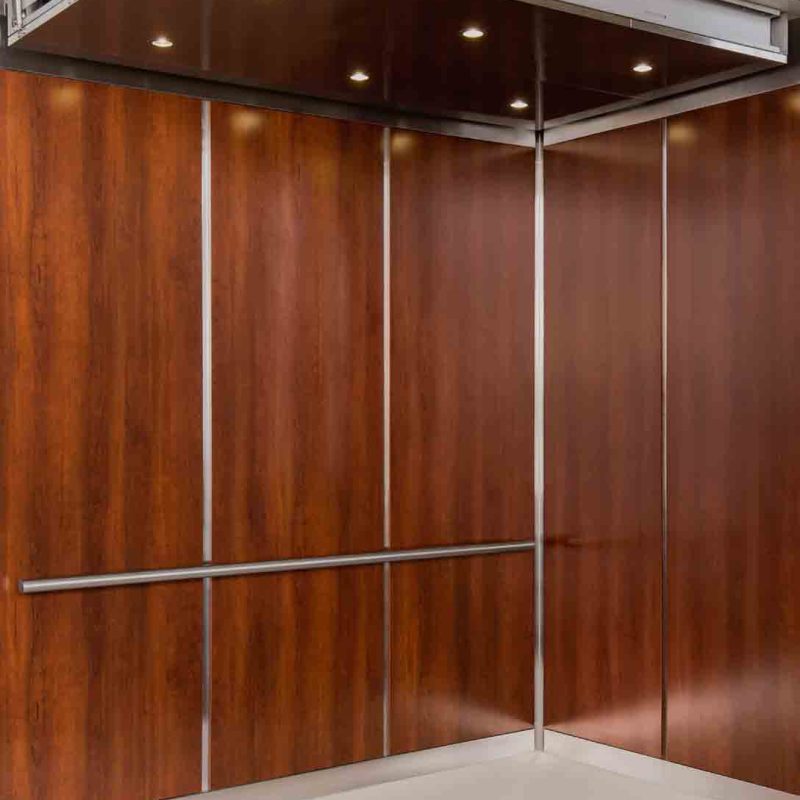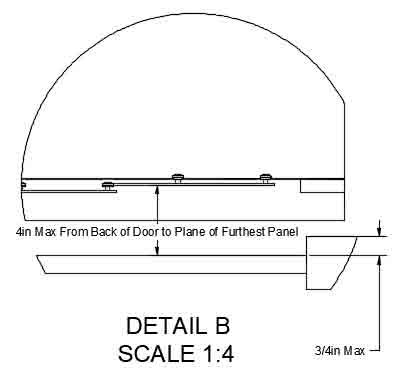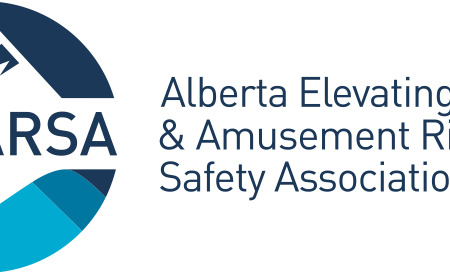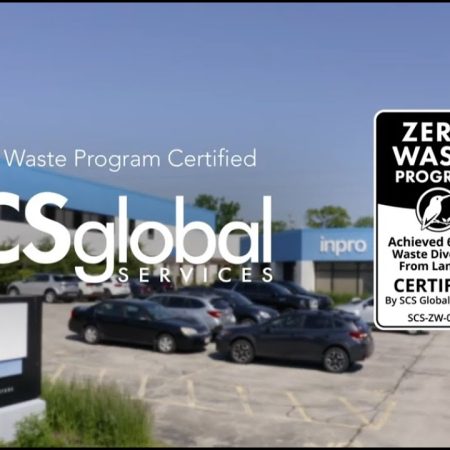Meiller innovation makes door drives intelligent. Digitalization is a fact of the modern world, with more and more “intelligent” devices coming into use and changing people’s lives. While its implementation has become commonplace in some areas, the adoption of these advances is proceeding at a slower pace in others. In many regards, the latter is…
Read MoreElevecture explains how it provides design solutions using Corning® Gorilla® Glass. Headquartered in New York City (NYC), Elevecture is utilizing Corning® Gorilla® Glass to provide design solutions for elevator cabs and other interiors. Originally designed to be a cover glass for consumer electronics, Gorilla Glass is used in billions of devices worldwide and is continuing…
Read MoreNew powder-coat colors, specialized cars for transit stations among products now available. Canton Architectural Products has expanded the powder-coat color offerings for its steel shell cabs. Standard colors were previously limited to black, white and gray, but the company’s standard powder-coating color pallet has been expanded to include a variety of standard colors. Additionally, the…
Read MoreSometimes, the perfect opportunity is right in front of us, and we look past it. Such an opportunity for elevator contractors is the potential sales and income to be gained from upgrading elevator cab interiors. Most building owners and managers regard the elevator’s visual aspect as being just as important as its functioning. It is…
Read MoreThis month’s History column investigates the “futuristic” elevator cabs in Star Trek: The Original Series. On September 8, 1966, the U.S. TV-viewing public tuned in to NBC to watch a new science-fiction series: Star Trek. It is safe to assume that no one watching the inaugural broadcast could have imagined the cultural impact of this…
Read MoreHow the humble cab can become impressive and unforgettable Interior decoration and aesthetics of modern buildings and spaces play an important role, expressing the culture, value and brand identity of each building and its occupants. This mentality is often extended into the decoration of elevators. An elevator car is an uninteresting enclosed space; by decorating…
Read MoreIn this Industry Dialogue, SnapCab President Corinna Mossberg talks about how the company, is evolving with Corning® Gorilla® Glass. After a 25-year career with Otis, Corinna Mossberg (CM) was named president of SnapCab, headquartered in Warrington, Pennsylvania, near Philadelphia, earlier this year, to support SnapCab CEO Glenn Bostock in bringing his company’s patented, interlocking panels…
Read MoreHistory, codes and revised code-related design principles important for all North American tradespeople involved with private-residence elevators’ entrance safety devices This article is intended to help people in the trade understand the evolution of private-residence elevators’ entrance safety devices, known as carriage gates. Attention will be paid to the safety code, history of issues, available…
Read MoreLyfthaus accessibility platform matches design of Sir Christopher Wren’s landmark Chapter House. The Chapter House of St. Paul’s Cathedral sits in the heart of historic London adjacent to the cathedral itself and was the final work of eminent architect Sir Christopher Wren. The structure was completed in 1712 and is a Grade II-listed historic building.…
Read MoreELEVATOR WORLD is proud to present something new in this issue: a special section devoted to people. Nominations from our readers made this section possible, pointing out important fixtures in our industry, from those who keep the office running smoothly to those who can only be thought of as “industry icons.” Industry professionals featured hail…
Read More